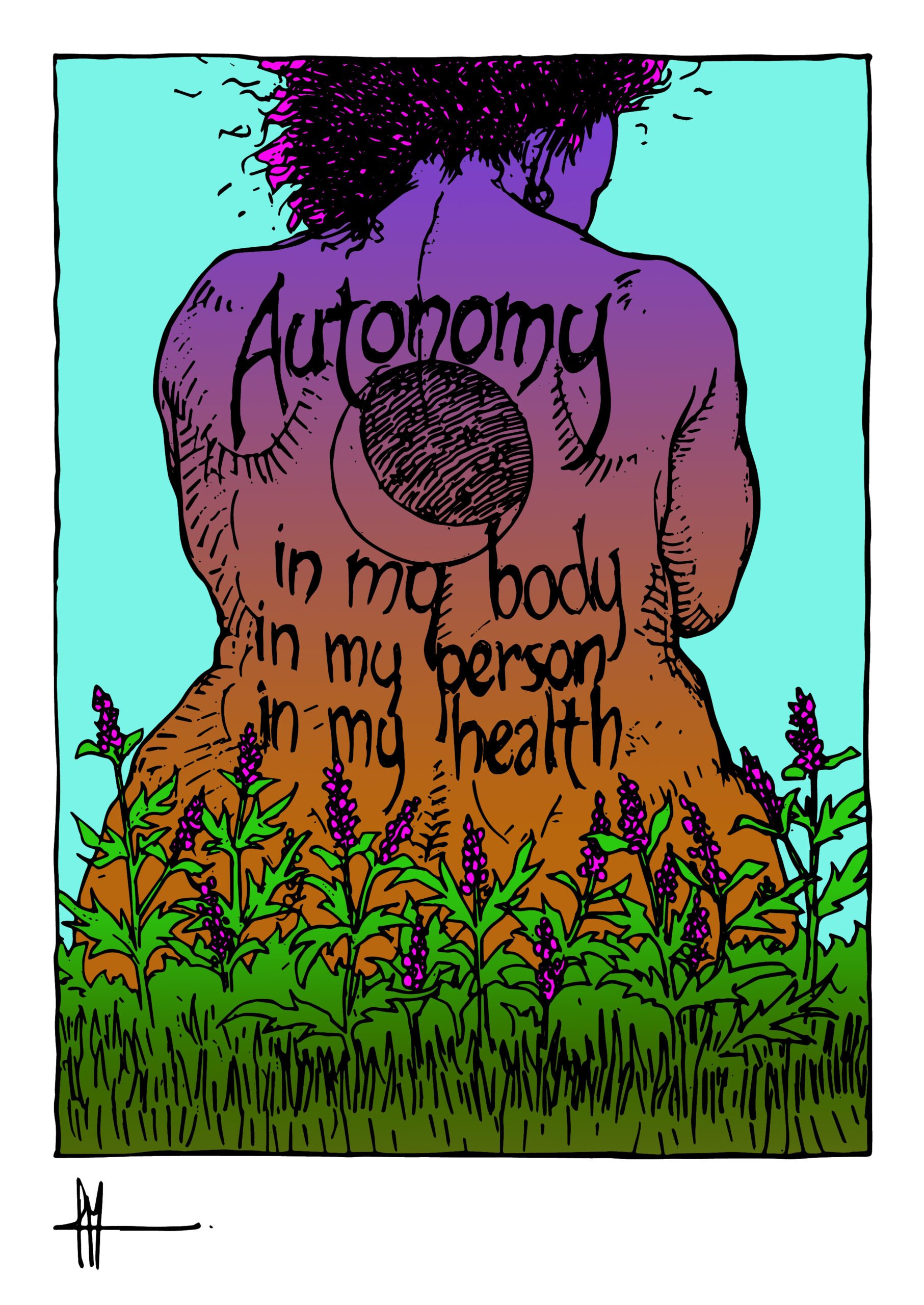CW: nonconsensual experimentation, exploitation, & sexual abuse of enslaved people; forced sterilization
J. Marion Sims, commonly referred to as the “father of modern gynecology,” owned slaves.
Not only did he enslave people, but the bodies of those he enslaved were also the bodies that he experimented on–without anesthesia. One Black woman, Anarcha, was operated on 30 times without anesthesia. His medical achievements–inventing the speculum, repairing vesicovaginal fistulas–cannot be separated from the nonconsensual and exploitative circumstances from which they arose.
This harrowing facet of history illuminates an American myth that persists into present day: Black people do not feel pain.
In Sims’ example, the guiding principle is that Black women do not feel pain; he did not use anesthesia on his Black patients, but did so for his white patients. And over 150 years later, an article in the Proceedings of the National Academy of Sciences of the United States of America revealed that approximately half of a sample of white medical students and residents continued to uphold this mythology, maintaining the belief that Black people have “thicker skin” and a higher pain tolerance.
In April 2018, a statue of J. Marion Sims in New York’s Central Park was finally removed. A bust of Sims was taken off display at his alma mater, Thomas Jefferson University. But still, a monument of him remains on the South Carolina statehouse grounds, along with the Marion Sims Memorial Hospital in his hometown of Lancaster. Currently, there are calls to remove his name from a women’s residence hall at the University of South Carolina.
While removing monuments and memorials dedicated to racists is a crucial step towards creating an anti-racist society, we must acknowledge how legacies like that of Sims permeate our history and continue to affect our modern day. Stereotypes about Black women, and specifically Black women’s sexuality, influence and reinforce many of the racial health disparities I discussed in a previous post on the Feminist Campus blog. Black women are viewed as deviant, “animalistic,” hypersexual, and promiscuous, and are thus subjected to greater violence, commodification, and injustice. The systemic sexual abuse of Black women that began during slavery still persists today.
Pregnant Black women are stereotyped, mistreated, and turned away from receiving care. The medical system’s long history of abusing Black bodies, particularly those of Black women, produced a wave of nonconsensual sterilizations from the 60s through the 80s; a prime example of this was Fannie Lou Hamer, who was forcibly sterilized in 1961. It is estimated that 1 in 5 Black married women were sterilized in 1970. Two years later, 100,000-200,000 sterilizations were performed–a majority of which were done to women of color. By 1983, Black women comprised 43% of women that had been sterilized in the US through federally-funded programs.
These horrors did not end with the turn of the century. In California’s prisons, nearly 150 female inmates were sterilized from 2006-2010 without the state’s approval. While the health disparities between Black and white women narrowed during the Civil Rights Movement, this gap stalled and widened again in the 80s and 90s, especially in urban areas. The budget cuts to healthcare and social services that were a hallmark of the Reagan administration, in conjunction with the “welfare queen” single mom stereotype, only worsened these trends.
From birth, Black women inherit a history of injustice and lifetime of mistreatment and prejudice.
Reproductive justice must be centered in the fight for racial justice.

